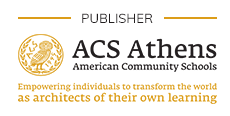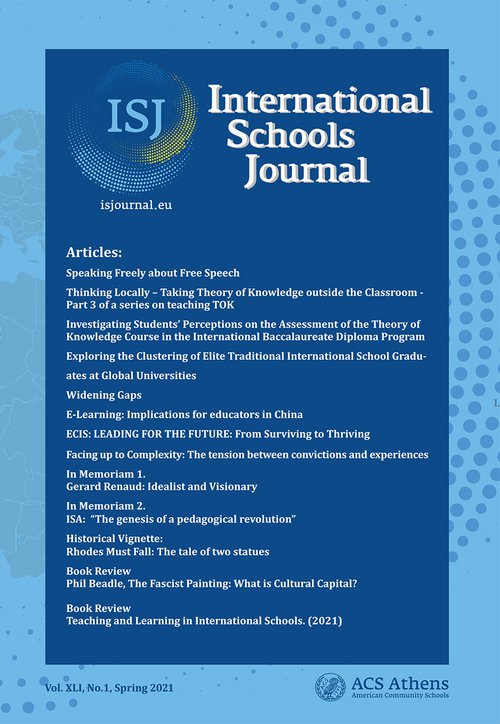ISJ Spring 2021: Speaking Freely about Free Speech / Richard van de Lagemaat
10,00€
In one of his books, the philosopher Kwame Anthony Appiah tells us that he has honed an answer to inquisitive strangers who, on discovering his profession, ask, “So what’s your philosophy?” He replies, “My philosophy is that everything is more complicated than you thought.” We would do well to keep this idea in mind as we seek to navigate the treacherous waters of the free-speech debate which is not only complicated but also explosively controversial. The ferocity of the debate illustrates in microcosm the growing tribalization of society. At one extreme are the ‘free speech fundamentalists’ for whom the freedom to say what the hell you like is a God-given right which trumps all others. At the other end of the spectrum are the ‘social justice warriors’ sensitive to the offence which lurks menacingly beneath even seemingly innocuous words. It is hard to escape the furore. On an almost daily basis, it seems, we read of online Twitter mobs hurling racist epithets at minority figures, or of university speakers being ‘no-platformed’ for their questionable opinions; of institutions writing speech codes that formalise the demand for ‘respect’; or of intellectuals writing open letters to magazines decrying growing intolerance and its threat to academic freedom. Many of us sit uneasily in the no-man’s land of this cultural war, wishing to embrace both free speech and social justice, and anxious not to be assailed by either of the two extremes. In this article, I seek to make sense of and – at least partially – defuse the free speech debate, and to consider its implications for teaching



